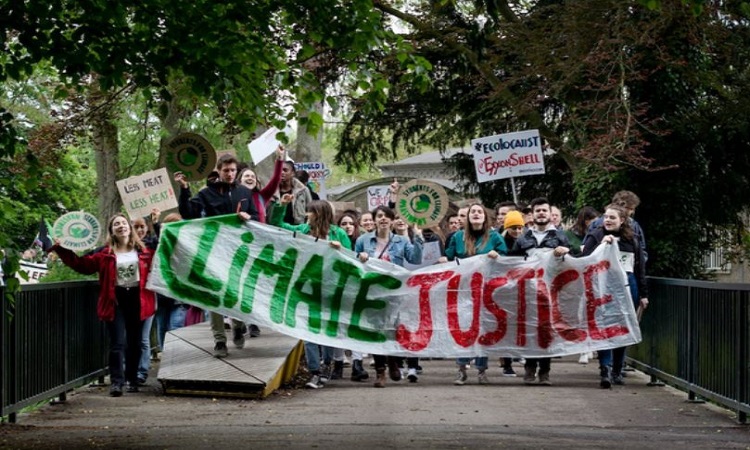Ways to advance goals of equity and justice in climate action planning: Study
Researchers discovered that while equity and justice are frequently listed as goals in municipal climate action plans, the discussion of these concepts is mostly rhetorical. Read further on Dynamite News:

Waterloo: Researchers discovered that while equity and justice are frequently listed as goals in municipal climate action plans, the discussion of these concepts is mostly rhetorical. A new study from the University of Waterloo outlined how planners can bridge the gap and address the current state of climate change and social injustice. The study was published in the journal, 'Planning Theory and Practice'.
According to the study, it is critical to develop community engagement and public consultation processes that actively involve the most vulnerable groups who will be disproportionately impacted by climate change. The questions posed, as well as the potential answers and alternatives under consideration, have shifted as our understanding of climate change has expanded.
Also Read |
Friendship Day 2024: Meaningful ways to show gratitude and enjoy time with your besties
"The urban governance community is not as explicit as it should be about the need to prioritize vulnerable residents during decision-making processes about climate change," said Kayleigh Swanson, PhD candidate in Waterloo's School of Planning. "Consequently, the voices of people experiencing various forms of oppression are largely excluded from so-called participatory climate action planning processes."
In pursuing participatory methods, the study advises practitioners to keep four actions top of mind: consistently modifying strategies, designing collaborative spaces that recognize various ways of knowing, addressing the gap between what is said and what is done, and attending to the underlying social processes that drive vulnerability to climate change.
Also Read |
'Order against me issued to ruin my life' says Justice Karnan on SC warrant
"Challenging the status quo is not an easy task, but the evidence shows that climate actions are more effective if they are designed and implemented with engagement by local actors," said Dr Mark Seasons, professor at Waterloo's School of Planning. "Urban governance actors can influence the conditions that determine whether people can participate effectively and help to frame important issues being considered by decision-makers." (ANI)
 Dynamite News
Dynamite News 